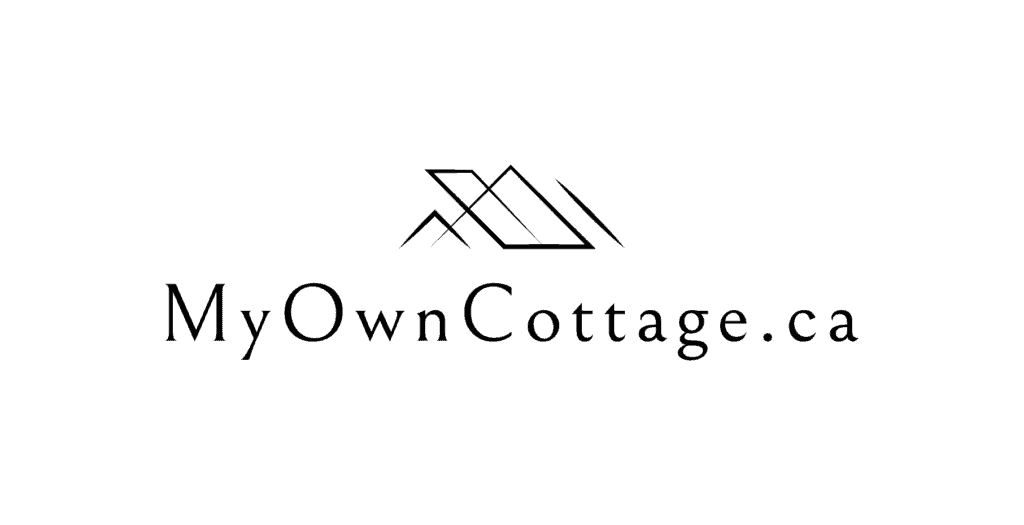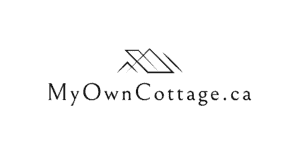Can You Get CMHC-Backed Financing for a Prefab Cottage in Ontario?
Can you get CMHC-backed financing for a prefab cottage in Ontario?
Learn eligibility rules, build requirements, and key lender criteria for prefab buyers in Ontario.
Can You Get CMHC-Backed Financing for a Prefab Cottage in Ontario?
Yes, you can get CMHC-backed financing for a prefab cottage in Ontario if it is a modular home built to CSA-A277 standards, installed on a permanent foundation, and located on deeded land.
Mobile homes built to CSA-Z240 standards do not qualify for CMHC mortgage insurance.
Thinking about building your dream home by the lake with a prefab cottage in Ontario—and wondering if you can finance it with less than 20% down?
The good news is, CMHC-insured mortgages can apply to prefab builds—but with some very specific conditions.
This guide explains how to qualify, which building codes matter, what lenders look for, and how to improve your odds with a CMHC-backed loan for your modular or prefab cottage in Ontario.
Does CMHC Insure Mortgages for Prefab Cottages in Ontario?
Short answer: Yes, but only if your prefab meets CMHC’s construction and land standards.
The Canada Mortgage and Housing Corporation (CMHC) provides mortgage insurance for modular homes—not mobile ones.
The key is whether your cottage meets CSA-A277 standards (for modular, factory-built homes permanently affixed to a foundation) rather than CSA-Z240 (for movable mobile homes or trailers).
To qualify for CMHC-insured financing, your prefab cottage must:
Be built to CSA-A277 specifications
Be anchored to a permanent foundation
Sit on deeded land (leased land rarely qualifies)
Be designed for year-round living with heat, plumbing, and insulation
Be complete and inspected before CMHC will approve the mortgage
Many Ontarians pursuing a vacation home or downsizing to a tiny home in cottage country may assume any prefab qualifies.
But CMHC only supports homes that meet traditional durability and safety standards.
🔗 Learn more about prefab cottage financing in Ontario here.
CMHC Criteria for Modular vs. Mobile Homes
Understanding the distinction between modular and mobile homes is essential to avoid costly surprises mid-application.
| Type | Standard | CMHC Eligible? | Key Characteristics |
|---|---|---|---|
| Modular Home | CSA-A277 | ✅ Yes | Factory-built, transported in sections, installed on permanent foundation |
| Mobile Home | CSA-Z240 | ❌ No | Trailer-style unit, often placed on temporary supports or wheels |
What Counts as “Modular” to CMHC?
Full compliance documentation with CSA-A277
On-site connection to utilities and waste systems
Compliance with local building codes and zoning bylaws
💡 Pro Tip: Submit your builder contract, floor plan, and CSA certificates to both your lender and CMHC early.
Delays often stem from missing or vague technical documentation.
What Lenders and Insurers Expect from Your Cottage Build
Mortgage approval on a prefab isn’t just about the structure—it’s about the entire construction process and your financial readiness.
Here’s what banks and insurers typically require for CMHC-insured prefab builds:
Key Documentation:
Signed purchase agreement with a licensed cottage builder
Certified CSA-A277 documentation
Approved site plan with zoning compliance
A copy of the building permit
Municipal foundation inspection reports
“Even with CMHC insurance, lenders want to see precision,” says Rina Halpern, a mortgage advisor with over 15 years in Ontario prefab financing. “They’re backing a unique structure—not a traditional home—so everything from building plans to the square footage must be clear.”
📌 Expect lenders to assess:
The home’s square foot area
Energy efficiency features like high-performance windows
Natural light design (skylights, large panes)
Entry door specs and structural anchor points
Additional costs like well, septic, or utility hookups
Expert Insights on Navigating the CMHC Application
Navigating CMHC’s system requires experience and foresight—especially when your prefab is a custom cabin or part of a larger real estate investment.
“Clients often underestimate how early CMHC wants to see documentation,” notes Halpern. “If your prefab model has a unique floor plan or exceeds traditional square footage, the application must be airtight.”
Mistakes to Avoid:
Submitting incomplete building plans
Delaying CSA verification
Assuming leased land qualifies
Not confirming weather conditions suitability (many lenders verify winter-readiness)
👉 Consider working with lenders who specialize in prefab financing, or reach out to customer service teams from manufacturers like My Own Cottage for tailored advice.
✅ Brands like Myowncottage.ca design prefab cottages that already meet CMHC specs—reducing friction in the approval process and offering buyers peace of mind.
Compare Plans or Book a Financing Call
Final Thoughts
Prefab cottages offer a huge advantage in speed, sustainability, and custom design flexibility.
But when it comes to financing with less than 20% down, the CMHC has strict conditions.
By working with experienced cottage builders, submitting thorough documentation, and clarifying CSA compliance early, you’ll position your dream prefab for approval.
All while enjoying a faster construction experience with fewer delays.
Whether it’s a compact tiny home or a spacious custom home, your prefab deserves the same financial tools as any new build.
To get started today, simply book a free consultation or call us directly today.
🧑💼 Request a Free Consultation
📲 Call Us Directly: (705) 345-9337
✅ Ontario-Built | ⚡ Energy-Efficient | 🏡 Fully Customizable | 🚚 Fast Delivery
Alternatively, for your convenience, you can also simply fill out the contact form below and we’ll get back to you soon! 👇
❓ FAQ About CMHC-Backed Financing for a Prefab Cottage in Ontario
Can you get CMHC-backed financing for a prefab cottage in Ontario?
Yes, CMHC offers mortgage insurance for prefab cottages in Ontario if the home is built to CSA-A277 standards, permanently affixed to a foundation, and located on deeded land.
How do you finance a prefab home in Canada?
You can finance a prefab home in Canada through CMHC-insured mortgages, construction or completion loans, or private financing—if the home meets building code and certification standards.
Can you get a mortgage for a cottage in Ontario?
Yes, you can get a mortgage for a cottage in Ontario if it’s a year-round dwelling on owned land, built to code, and approved by the lender—CMHC insurance applies to modular, not mobile, cottages.
Can you get CMHC insurance on a rental property?
Yes, CMHC insures rental properties with up to four units, provided they meet eligibility criteria for loan-to-value ratios, borrower income, and property use.
Does CMHC offer construction loans?
CMHC does not issue construction loans directly but will insure construction-to-permanent mortgages if the finished home meets its standards for eligibility.
Are there new home construction grants in Canada?
Yes, Canada offers construction-related grants such as the Canada Greener Homes Grant and CMHC’s MLI Select for affordable multi-unit housing projects.
What is CMHC affordable housing construction financing?
CMHC’s affordable housing construction financing provides low-cost, long-term loans for affordable, energy-efficient housing, targeting non-profits, co-ops, and private developers.
Are there home renovation grants in Ontario for 2024?
Yes, programs like Ontario Renovates and the Canada Greener Homes Grant offer funds in 2024 for accessibility, energy efficiency, and critical home repairs.
Are there free government grants for in-law suites?
Yes, some Ontario municipalities offer grants or forgivable loans (up to $25,000) to build legal in-law suites or secondary units under programs like Ontario Renovates.
Does CMHC offer grants for renovations?
No, CMHC does not offer renovation grants to individuals, but it does provide funding support for multi-unit affordable housing retrofits through programs like NHCF.

